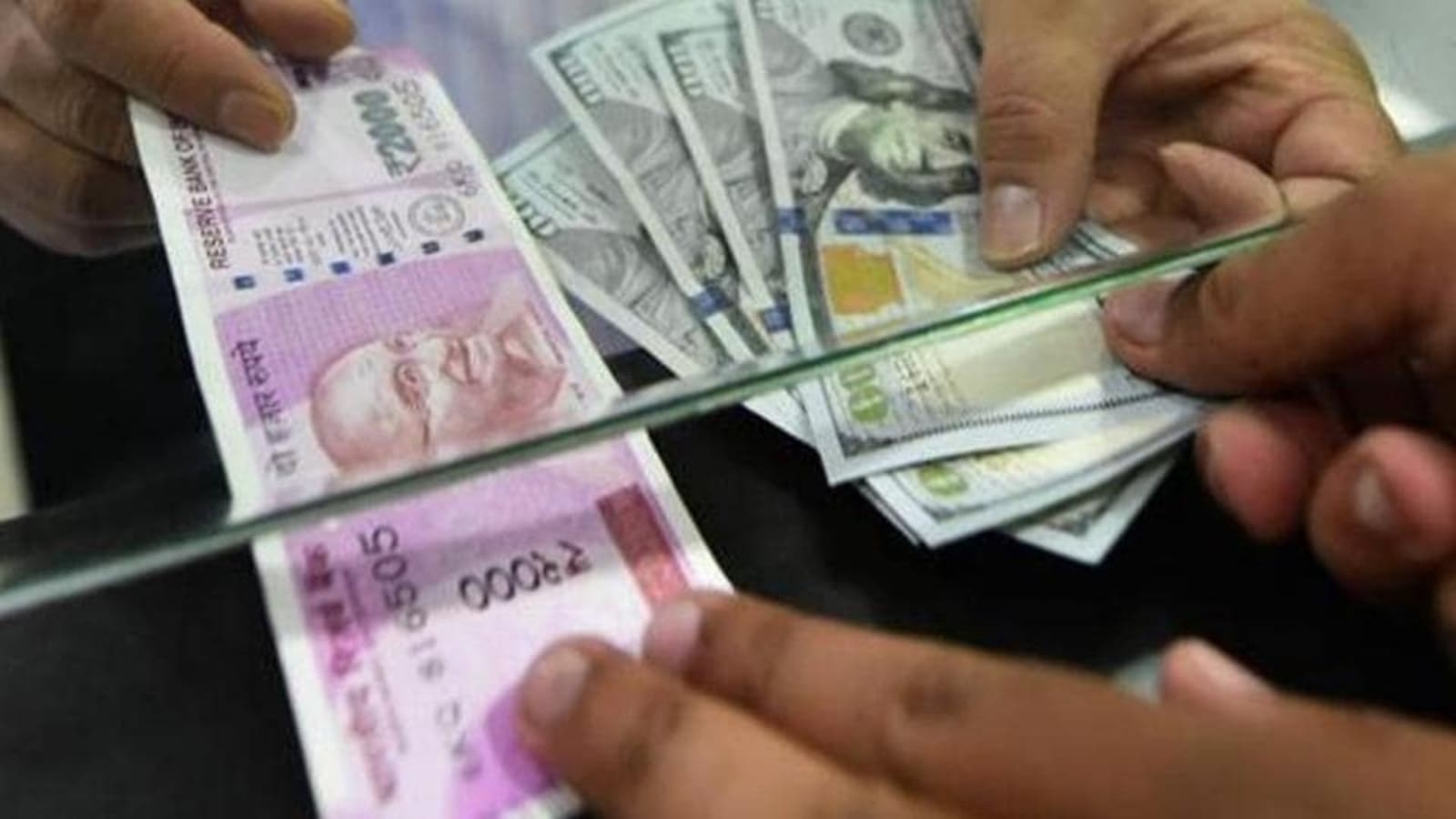Foreign exchange reserves are a crucial indicator of a country’s economic health, reflecting its ability to meet international financial obligations and maintain economic stability. India has been diligently building up its forex reserves over the years, and today, it stands as one of the top holders of foreign currency globally.

Image: blogs.lse.ac.uk
Understanding India’s Forex Reserves
India’s forex reserves primarily comprise foreign currency assets, including US dollars, gold, and Special Drawing Rights (SDRs). These reserves are held and managed by the Reserve Bank of India (RBI), the country’s central bank. The RBI uses forex reserves to regulate the Indian rupee’s value against foreign currencies, intervene in the currency market, and meet external debt obligations, among other purposes.
Forex Reserves Composition
As of December 30, 2023, India’s total foreign exchange reserves stood at approximately $633.45 billion. The composition of these reserves is as follows:
- Foreign Currency Assets: $561.26 billion (88.6%)
- Gold: $46.28 billion (7.3%)
- SDRs: $20.04 billion (3.2%)
- Reserve Tranche Position: $5.87 billion (0.9%)
Importance of Forex Reserves
Strong forex reserves provide numerous benefits to India’s economy, including:
- Stability in the Currency Market: Forex reserves allow the RBI to intervene in the currency market and stabilize the rupee’s exchange rate, preventing sharp fluctuations.
- Meeting International Obligations: Forex reserves ensure that India can fulfill its external debt obligations and import essential goods, including oil and other commodities.
- Covering Import Needs: India’s imports often exceed its exports, and forex reserves help bridge the trade deficit by providing the necessary foreign currency for import payments.
- Confidence in the Economy: High forex reserves instill confidence among foreign investors and international creditors, leading to increased investment and a positive impact on economic growth.

Image: www.hindustantimes.com
Factors Affecting Forex Reserves
Various factors can influence India’s forex reserves, such as:
- Trade Balance: A positive trade balance (exports exceeding imports) contributes to an increase in forex reserves, while a trade deficit leads to a decline.
- Foreign Direct Investment (FDI): Inflows of FDI boost forex reserves, as foreign investors bring in foreign currency to invest in India’s economy.
- Foreign Institutional Investor (FII) Flows: FIIs invest in India’s stock and bond markets, and their inflows and outflows can impact forex reserves.
- Government Debt: When the government borrows in foreign currency, it increases forex reserves. Repayment of foreign debt, on the other hand, reduces reserves.
Conclusion
India’s forex reserves are a cornerstone of the country’s economic stability. The RBI’s prudent management of these reserves ensures that India can navigate global economic challenges, maintain a stable currency value, and support sustainable economic growth. As India continues to integrate with the global economy, maintaining a healthy level of forex reserves remains crucial.
If you found this article informative, please share it with others who may be interested in understanding India’s forex reserves further.
What Is Current Forex Reserve Of India
Frequently Asked Questions
Q: Why are forex reserves important for India?
A: Forex reserves provide India with financial stability, allow it to meet international obligations, and boost investor confidence.
Q: What are the main components of India’s forex reserves?
A: Forex currency assets, gold, SDRs, and reserve tranche position.
Q: How does the RBI use forex reserves?
A: To regulate the currency market, intervene in foreign exchange transactions, and meet external debt obligations.
Q: What factors affect India’s forex reserves?
A: Trade balance, foreign direct investment, foreign institutional investment, and government debt.






